Gov backlinks, that is links from government websites, are believed to be some of the most valuable out there. They’re also some of the most challenging to acquire. It takes time, resources, and expertise.
As a result, most organizations can only dream about them.
However, it doesn’t mean you can’t! In the article, we share 8 strategies that will help you build links from gov domains.
Key takeaways
- Gov backlinks are highly authoritative and can significantly boost your site's SEO because search engines place a lot of trust in them.
- Guest posting and sponsoring events are the most accessible methods, offering better chances to obtain .gov backlinks with reasonable effort and resources.
- Broken link building is effective because government websites often have outdated links that you can replace with your relevant content.
- High-effort tactics like creating valuable assets, partnering with agencies on projects, or interviewing government officials may not be practical for most businesses because they are resource-intensive and require an already established position.
- Given the substantial effort required, the ROI of .gov backlinks may not justify it; investing in a tailored link-building strategy will be more beneficial. Need help with that? Get in touch with Editorial.Link.
How to Get Backlinks from .gov Sites?
Let’s not waste time and get right to the best link-building strategies that can get you a link from a .gov website. Starting with ones that offer the greatest chances of success and finishing with those that require considerable resources and come with a lower chance of scoring a link.
🚀 Guest posting
Guest posting is one of the most popular link-building strategies, and you can use it to get .gov links.
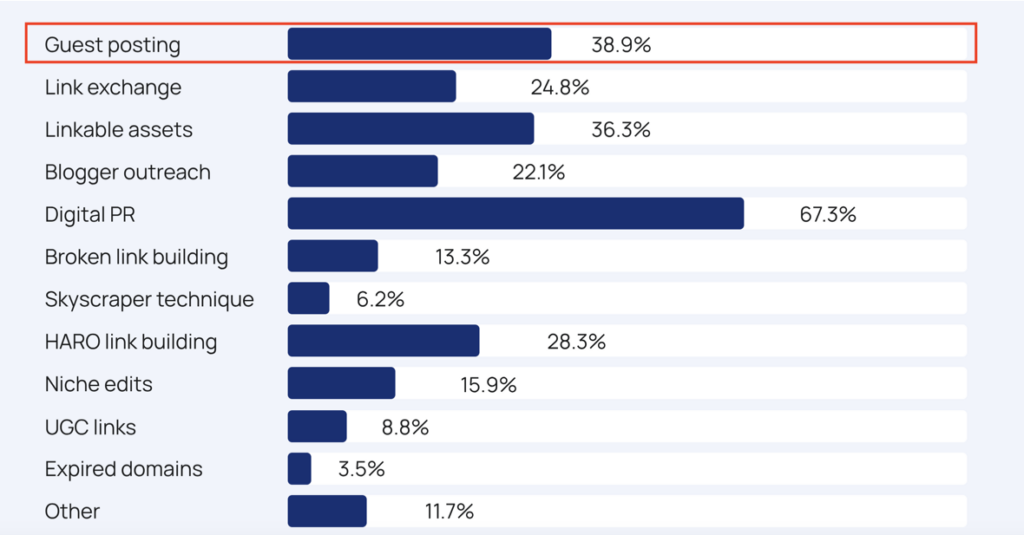
The easiest way to find them is by using advanced search operators.
For example, site:.gov "write for us" returns a number of government organizations that offer guest posting opportunities and allow you to include links to your website. You just need to find one that’s relevant to your niche.
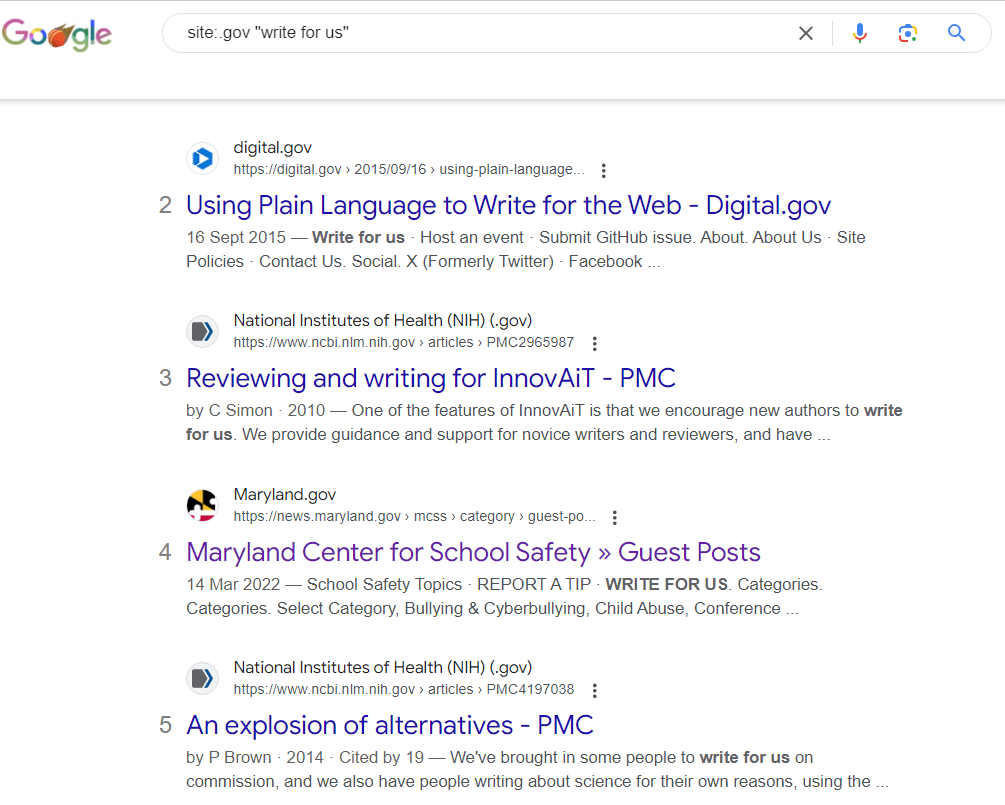
Here’s one of them: the Maryland Center for School Safety allows you to include a link to your website in the bio and one contextual link to a relevant article on a site you own.
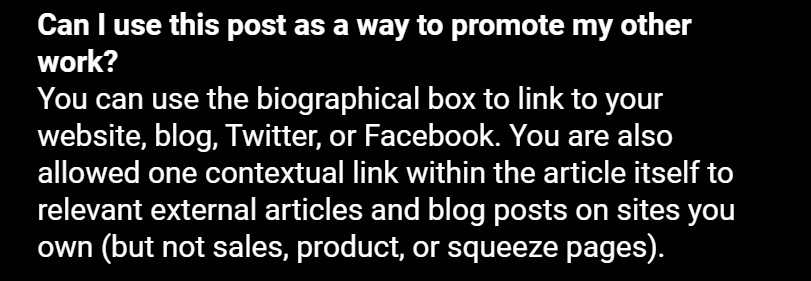
Many websites that accept guest posts have an application form, so pitching them is straightforward.
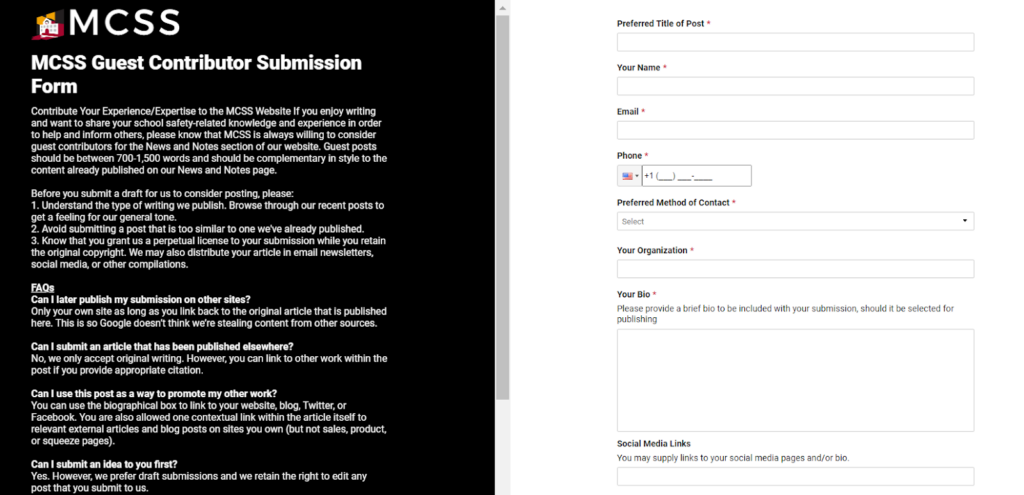
Pitching by email is a bit trickier. When crafting your email:
- Provide info about your background to establish your authority on the topic.
- Explain how your organization’s work is aligned with the agency’s mission.
- Provide three guest post topic suggestions and let the editor choose.
- Use a more formal register than you’d normally use when pitching a website.
To increase your chances of getting featured, conduct thorough research of the topics they write about to find ideas that could be relevant and yet not covered on their website. And follow the guest posting guidelines.
🚀 Sponsor an event
Sponsorship is an effective strategy that companies use to increase their visibility and land juicy links from websites that generally don’t sell links. This includes .gov domains.
For example, Total Shape managed to secure a backlink from a local authority website, Rolesville, by sponsoring their 4th of July celebrations.

To get it, they reached out to the organizers and negotiated the deal. It cost them $500 to have their logo and link featured on the event page.
According to James Cunningham, the Senior Fitness Coach at Total Shape, it was totally worth it:
This partnership turned out to be well worth the investment. Government websites are seen as highly authoritative by Google, and the backlink from this .GOV site gave us a noticeable boost in domain rating (DR). In fact, we saw our DR increase from 68 to 70 shortly after the link went live.
🚀 Broken link-building
This is another classic tactic: you search for dead links on .gov websites, point them out to the webmasters, and suggest your resource as a replacement.
This tactic could work well for .gov sites because they don’t get updated as often as private company websites.
The challenge is finding relevant .gov sites with broken links that would be open to adding your links.
Start with a Google search to uncover .gov websites with relevant content in your niche.
By searching for site:.gov SEO, I managed to find a bunch of .gov sites featuring content about search engine optimization.
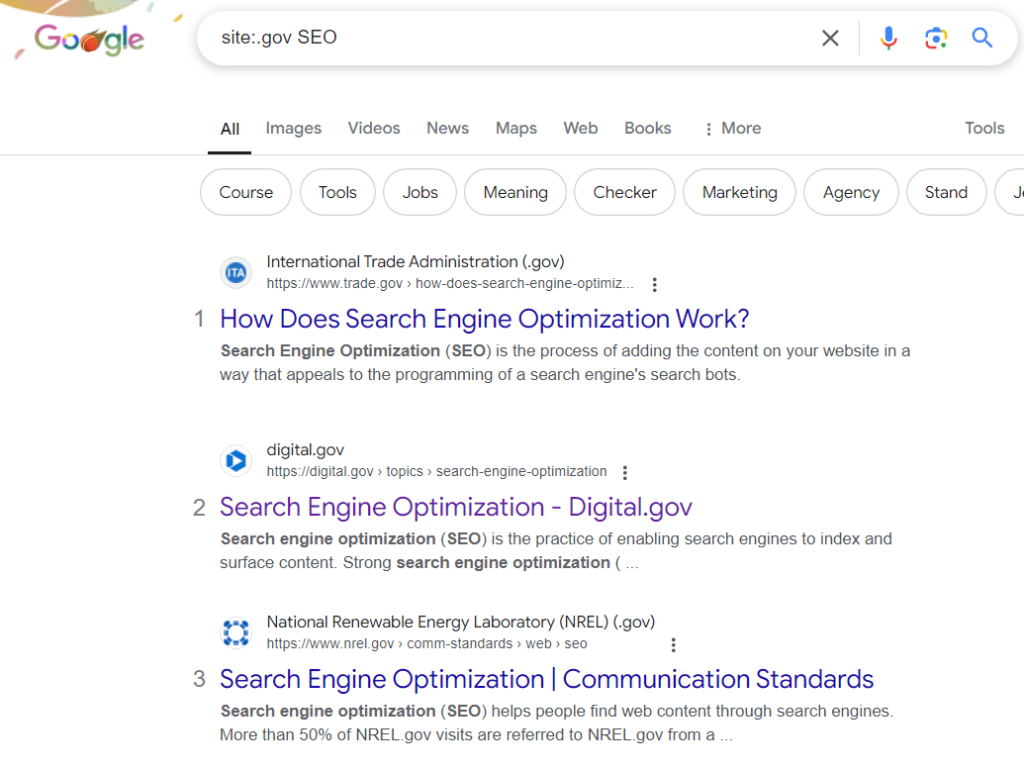
Next, I plugged them into Ahrefs Site Explorer and scanned the Broken links report in the Outgoing links section for opportunities.
For example, digital.gov has a Guide to Creating Mobile-Friendly Websites with a few broken links to resources on how to optimize page speed.

If you have similar content on your website, you’re golden. If not, you can create it. In this case, the article and the broken links tell you what aspects of page speed optimization your content should cover (cache control, compression, browser caching, and CSS optimization).
Alternatively, you could look them up in the Wayback Machine to see what they looked like. Not all pages are available in the archive, though.
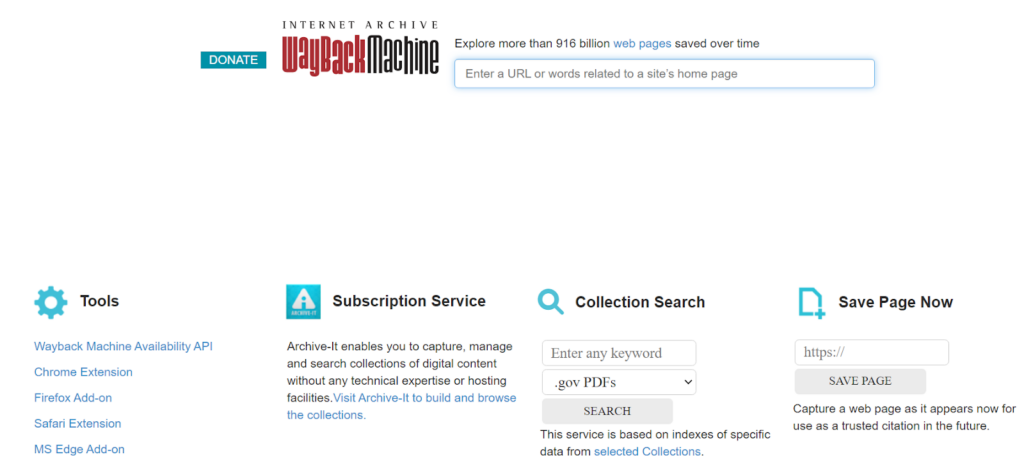
🚀 Get featured on a government resource page or in a directory
Government websites run resource pages like any other, and getting listed on one will give you a link.
To find them, use advanced search operators like:
- Keyword intitle:resources inurl:.gov
- Keyword intitle:links inurl:resources.html
- Keyword inurl:.gov/resources
- Keyword inurl:resources inurl:.gov intitle:resources
- site:.gov (keyword and resources)
For example, searching for site:.gov (childcare and resources) reveals a number of pages with resources related to childcare, like the one from the Wisconsin Department of Children and Families.
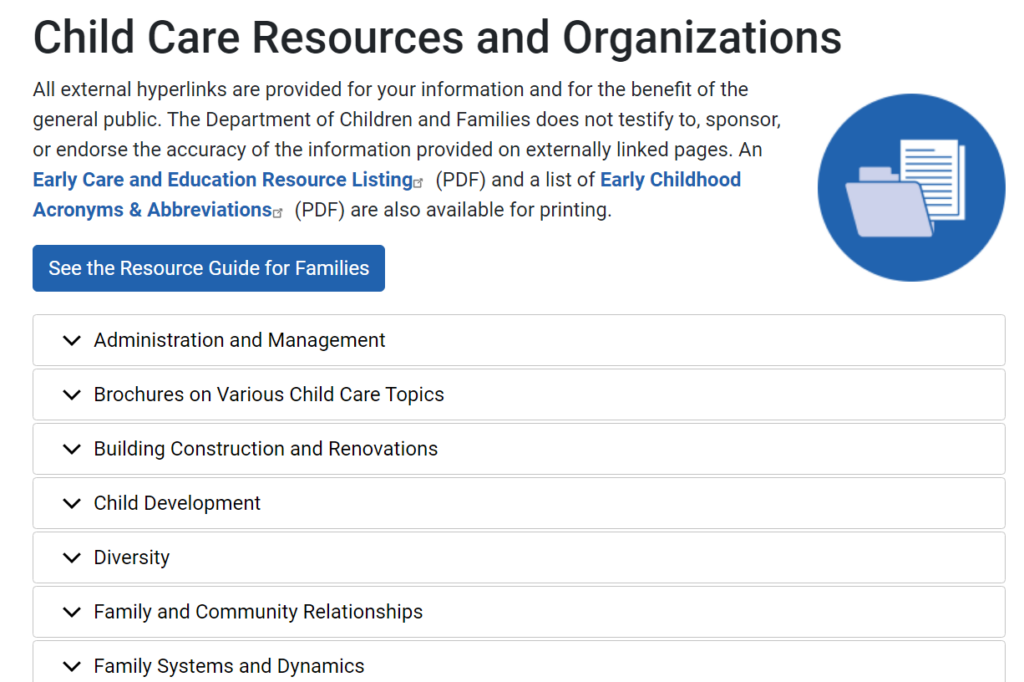
Of course, they won’t feature just any blog post on the topic. These need to be valuable resources from reputable sources, so it isn’t a strategy for everyone.
Getting your business in a directory run by a local authority might be easier.
Just search for site:.gov "business directory" and look for ones that A) provide backlinks, B) host the directory on their domain, and C) have decent site metrics. Finding ones that tick all 3 boxes does take time.
For example, the Municipality of Princeton runs an excellent directory with detailed business profiles. It has a domain with a decent DR (57) and allows links, but they don’t host the directory on their domain. You get redirected to another domain with DR11.
One thing to be aware of is that many of the directory links are nofollow, so while getting listed may not be hard, their impact on your SEO performance won’t be as significant.
🚀 Write about a politician or government agency
Writing a positive, in-depth piece about a politician, a government agency, a government initiative, or a relevant topic can help you secure a gov backlink.
Focus on a current issue or policy, such as the U.S. elections, a recently passed law, or a government program.
For example, you could write about Alexandria Ocasio-Cortez’s low-cost housing program bill, the Homes Act.
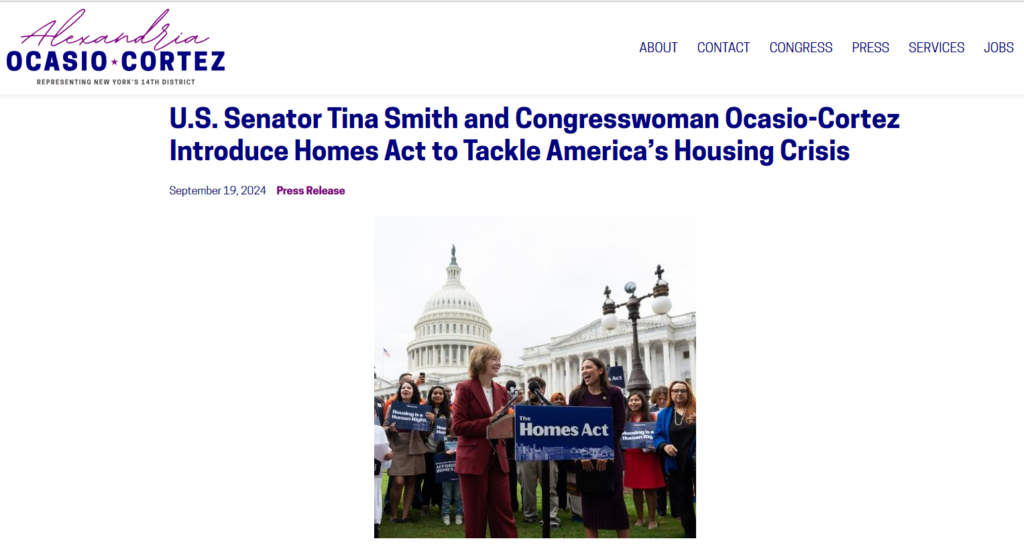
Once your article is published, reach out to the politician’s office or the relevant government entities and share your content. They might link to you or share it on their social channels.
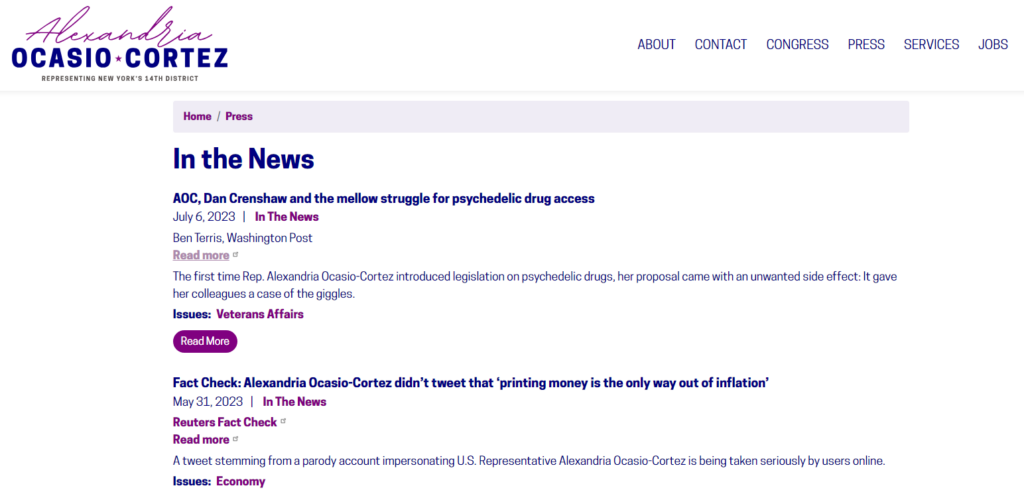
Of course, to get a link from a national-level politician like AOC, you must have a national-level following, so it’s a tactic reserved for high-authority media outlets. Which often have a higher domain authority than the .gov site.
For instance, the house.gov domain, which hosts AOC’s website, has DR91, while the Washington Post, which they link to, has DR93.
For smaller companies, local government officials and agencies are more realistic prospects.
🚀 Create linkable assets
Creating valuable content like infographics, studies, or tools can get you high-quality backlinks from government sites.
Here’s an example of an academic paper that got cited in a White House paper and got a link from a DR91 site.

So technically, writing papers on topics aligned with the political agenda could be a way to get such links.
However, we all know that academia doesn’t work like that. Academics research and publish papers, and government might use them to inform their policies.
You’re more likely to score a link like this one from the UK Local Government’s Association.
In their FAQ about disposable vapes, they link to 128 sources covering the topic. But again, this isn’t for everyone. Most of the sources are authoritative media outlets or other government sites.
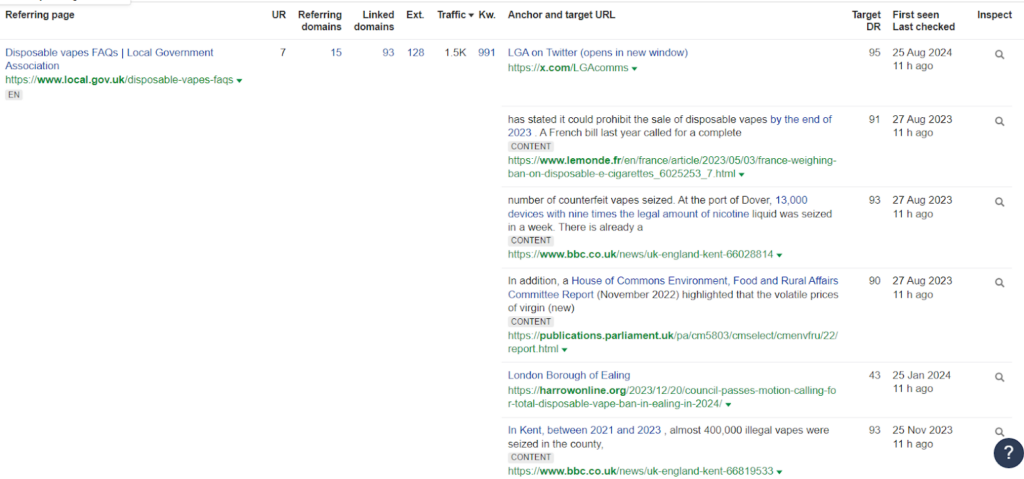
Creating infographics might work as well, but it’s normally the .gov sites that create infographics that others link to and not the other way around.
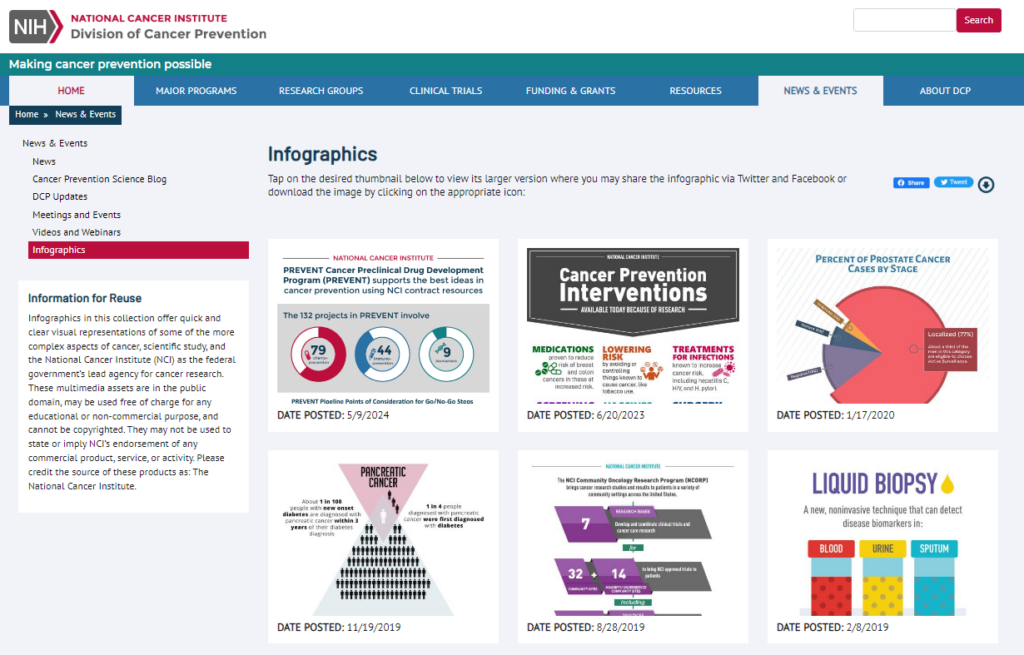
🚀 Interview or podcast with government officials
If you have a solid following, inviting government officials to participate in interviews or podcasts can help build relationships and earn valuable backlinks.
Let’s be honest, though: getting an interview with a politician or government official, even at a local level, can be challenging.
Tight schedules are one reason, so taking part in your interview needs to be worth their while.
More importantly, though, they’re really cautious not to associate themselves with the wrong crowd as this could damage their reputation. So, to stand a chance, your own reputation needs to be impeccable.
If you want to give this a go, start by identifying officials relevant to your niche, such as a technology policy expert or digital infrastructure leader.
Next, reach out to them through official channels. Highlight how the interview will promote their initiatives.
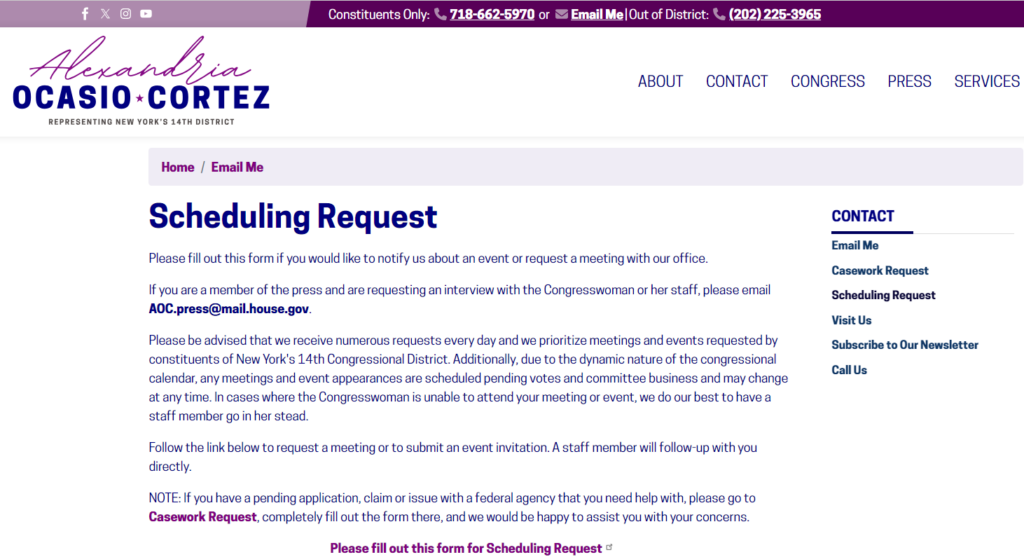
After the interview, publish the content and share it with the office, and they might link back to it from their website or promote it on social media.
🚀 Partner with a government agency
Government departments and agencies often collaborate with businesses or organizations for specific programs. If you have the expertise and resources to support them on their projects, you may get a link from their website.
For example, the CDC acknowledges its partners involved in the "Learn the Signs. Act Early" campaign. Each partnering organization gets an introduction, which increases its online visibility and gets a link from the CDC’s .gov site.
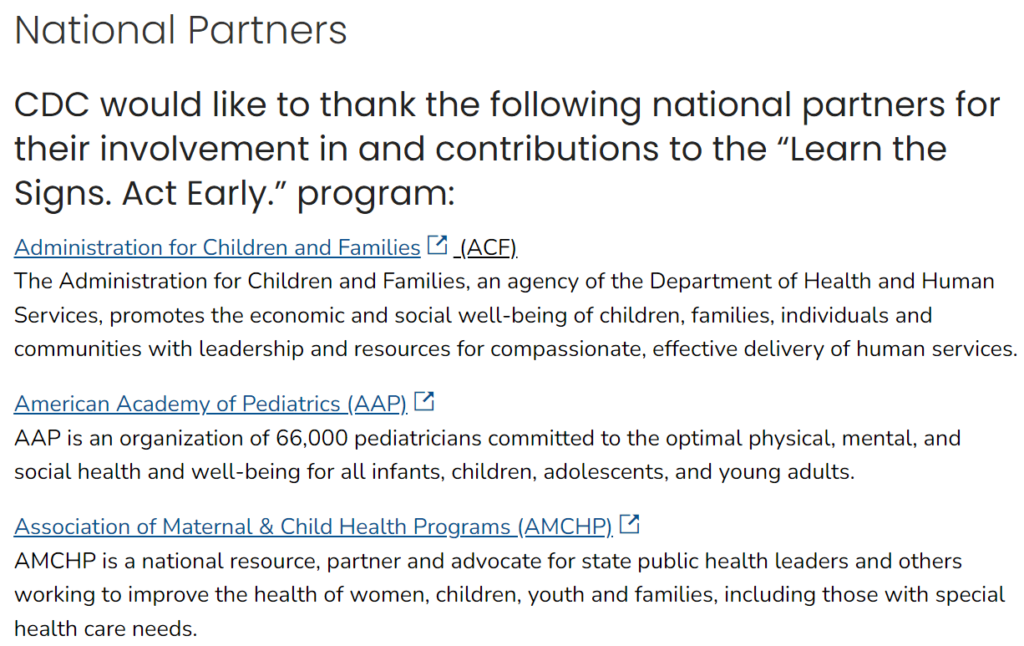
Don’t Buy .Gov Backlinks
Considering how difficult it is to acquire .gov backlinks, buying them is a tempting option.
Why break your back by creating resources, conducting research, or interviewing politicians without any guarantee of success if you can buy a package of 250 .gov links for $50?
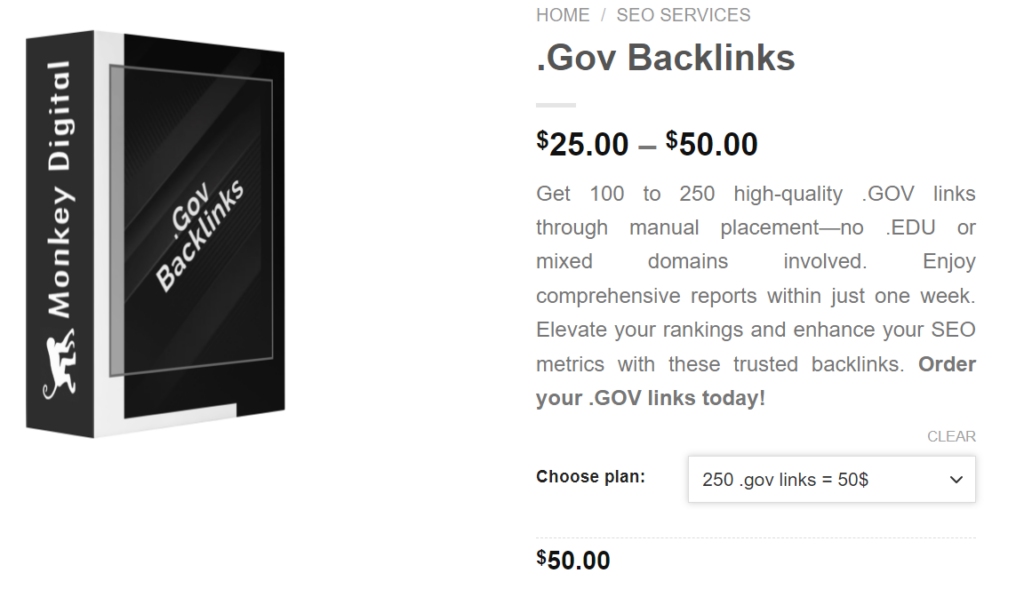
Don’t!
Fifty bucks may not seem much, but such links are often either not indexed at all or come from low-quality directories, so they offer no value whatsoever.
Also, buying links is against Google guidelines, so it may bite you back if they find your link-building patterns unnatural (read: manual penalty.)
Frequently Asked Questions About Gov Backlinks
To finish, here are answers to a few FAQs about .gov backlinks.
🤔 What are the different types of .gov backlinks?
.Gov backlinks come in various forms depending on the level of government managing the site.
These include:
- National government backlinks, for example, from US federal government websites, like the IRS or the Department of Education.
- State/Provincial government links, like the state authorities in the US or province authorities.
- Local government backlinks, for instance, UK councils (e.g. brighton-hove.gov.uk).
🔍 How to Find .Gov Backlinks
If you want to find backlinks from government domains pointing to a specific website, for example, your competitor’s, use Ahrefs Backlinks report and filter it by sites with the .gov TLD.
You can use this for inspiration when planning your link-building campaign.
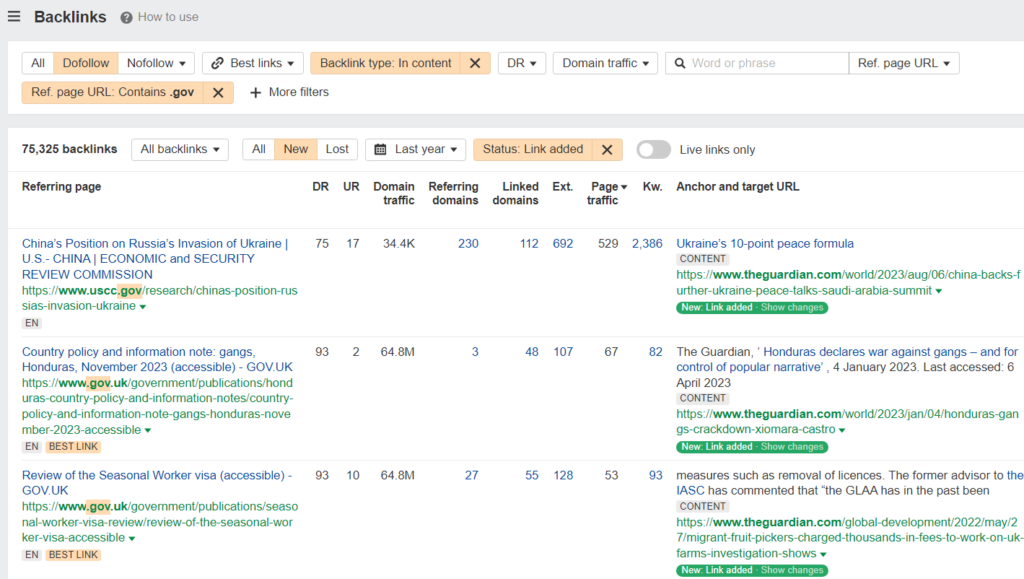
The other way I’ve already mentioned is with Google search, using advanced operators, like site:.gov inurl:resources to locate potential backlink opportunities.
A Google search can also return curated lists of .gov sites. However, when you have a closer look at them, they aren’t as hand-picked as the authors may claim, and landing a link on some of them may be next to impossible.
🤝 What are the pros and cons of .gov backlinks?
Gov websites tend to have high DR, which generally means they pass more PageRank. This can improve search engine rankings. Government websites are generally authoritative sources, so if you get a link from them, this really means something and can enhance your backlink profile.
Especially as it’s very difficult to achieve and your competitors might not be able to replicate them.
The difficulty happens to be also their main disadvantage: getting such links requires substantial time, effort, and sometimes money. You can’t just sit down and churn out a research paper that will be cited by a government website before breakfast.
Think about it:
Government websites are considered the ultimate authority resource. If they link to someone, the source needs to offer unique insights and expertise that they don’t have internally.
This is particularly hard for organizations whose work doesn’t align with the government agencies’ missions.
And at the end of the day, these links aren’t necessarily more powerful than links from other websites with similar metrics. So, the effort that goes into building them may not be well spent.
For example, the link Total Shape got through the sponsorship was from a DR43 domain. At $500, that’s steep.
I'm not saying sponsoring the event wasn’t a good investment, but the ROI isn’t from the backlink. The sponsorship must have increased its visibility in the local community and brought them clients.
Final Words
For many, Gov backlinks are the ultimate link-building trophy. Many of these have excellent metrics, but such links are difficult to replicate, so they can indeed boost your search rankings.
However, they’re incredibly difficult to secure. It requires resources and expertise that most businesses don’t have. So, getting involved in government initiatives may offer benefits, like increased visibility and reputation, but doing it just for backlinks doesn’t often make sense.
If your goal is improving your SEO, you’re better off spending the money and effort somewhere else: on a comprehensive link-building strategy tailored to your unique needs.
Is it something you’re interested in? Get in touch with the Editorial.Link team.


